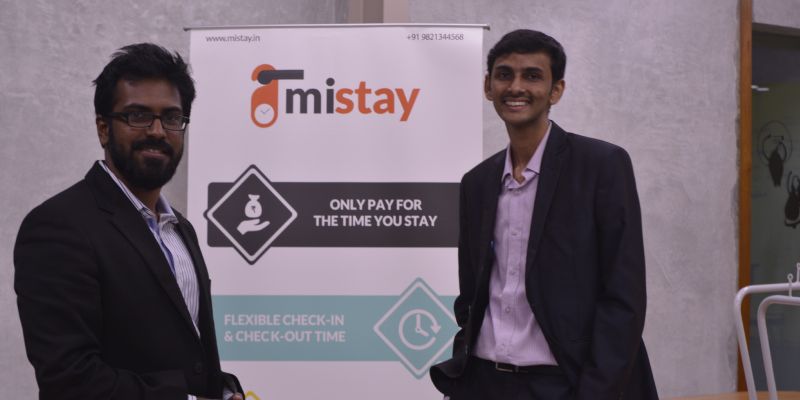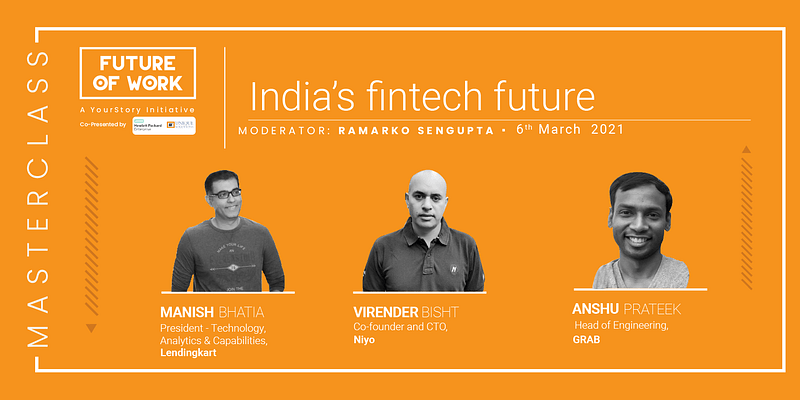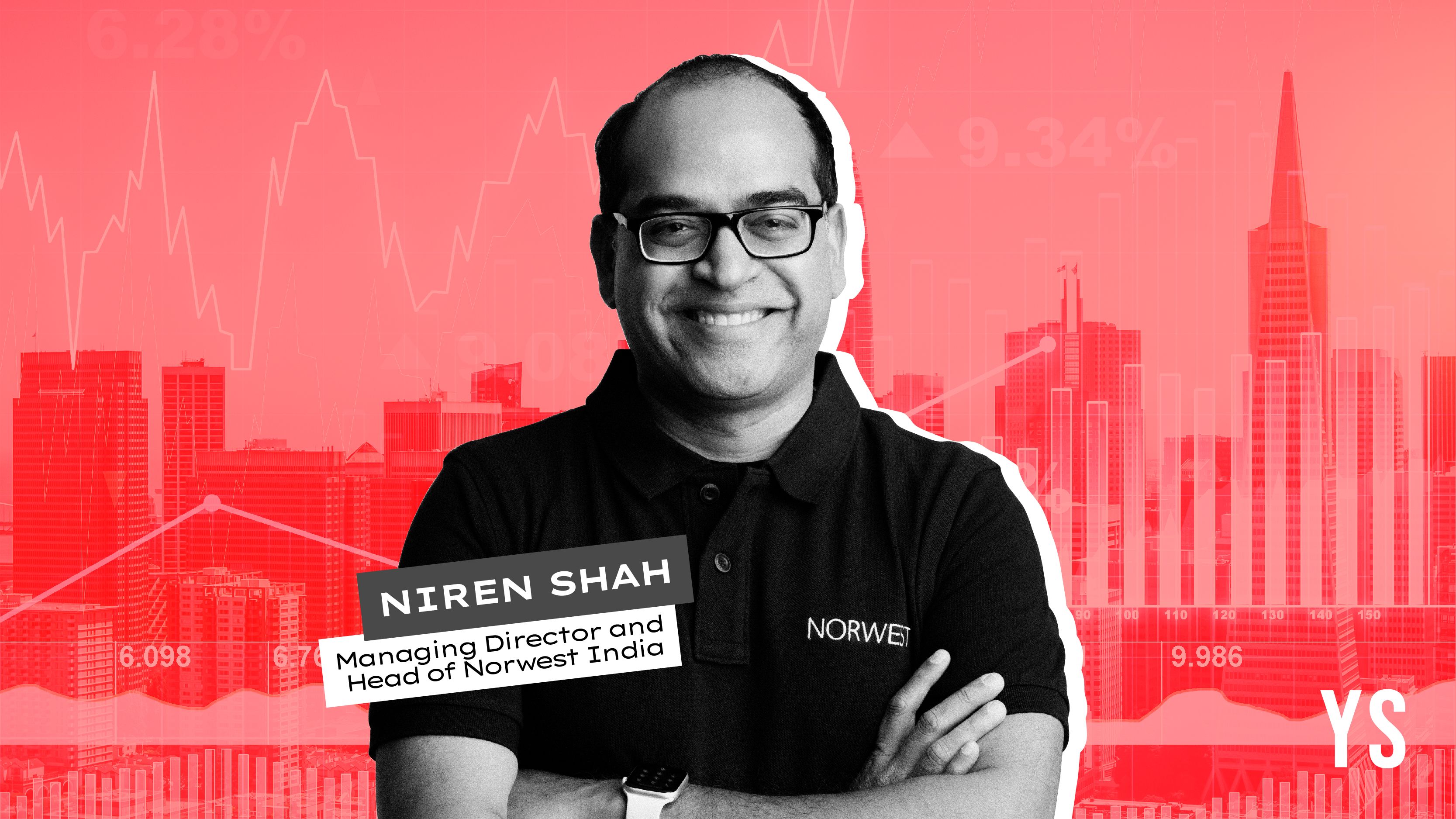MiStay aims at bridging gaps in online hotel booking by hourly pricing
Indians are travelling more. With nine long weekends in the year ahead, the number of domestic travellers should go up. According to a forecast by the World Travel and Tourism Council, the Indian tourism sector will grow at an annual average rate of seven percent over the next 10 years.

While the Indian travel scene looks rosy with several online booking options available, there still exist many gaps. There are rigid check-in and check-out timings or the compulsion to book for 24 hours as the minimum stay even when travellers need a hotel room for a shorter period of time.
MiStay, a travel-tech company, wishes to create a difference in this space of online hotel booking. It allows booking hotel rooms on an hourly basis with flexible check-in and check-out times. Instead of the traditional full-day booking (12 pm–12 pm), MiStay offers bookings based on slots: 8 am–11 am (morning slot), 12 pm–7 pm (day slot), 8 pm–7 am (night slot). Travellers can book a hotel room for the appropriate combination of slots and pay only for the time they have to stay. This not only caters to the needs of frequent business and leisure travellers who require rooms for less than a day or with flexible timings but also gives hotels a channel to increase their occupancy and revenue per available room.
Hourly booking as per need
“I am an avid traveller. In August 2015, I was travelling to Amritsar to visit the Wagah Border along with a few of my friends. We had booked a hotel room online. When we reached the hotel early morning, we were denied the room because we were early while the standard check-in time of the hotel was noon. Eventually, after a lot of negotiation and hassle, we managed to check in early by paying half a day’s extra rent. We stayed in the hotel effectively for only around nine hours (less than half a day) but we ended up paying for one and a half days,” shares MiStay Co-founder Sandeep Jaiswal.
“When we started to think about it, we could find many associated problems. While people require a room for just a few hours to freshen up before a meeting or during a long layover, they have to book and pay for an entire day. At the same time, there are hotels struggling to increase the occupancy. We realised that there is a lot of inefficiency in the system which can be optimised for the benefit of travellers as well as the hotels. And that’s how MiStay was born,” adds MiStay Co-founder Pranav Prabhakar.
“As a traveller, I believe travelling, if done right, can have a significant impact on a person’s life. There are mainly three things needed for travelling—motivation, time, and money. Money is required for transportation, food, and accommodation. Right now, we are trying to disrupt the way accommodation is managed to make it more flexible and fair. In times to come, we hope to drive such innovation, rearrange every facet of travel, and trigger every lever to help people achieve their travel dreams,” adds Sandeep.
Hotel booking is a $20-billion industry in India. MiStay was founded in April 2016 and has sold more than 700 slots so far through around 120 registered hotels. The partner hotels include five-star hotels as well as branded hotel chains such as Pride Hotel, Sarovar Hotel, Keys Hotel, and Mango Hotel. They get an average of 100 valid transactions per month, with the majority of the business coming from hotels in Bengaluru and Delhi. “We are targeting the business travel segment primarily, which is estimated to constitute around $12–14 billion of the total hotel booking market,” says Sandeep.
“We are a marketplace. We get a travel agent commission (TAC) of 20 percent of the booking amount from the hotel on every transaction done through MiStay,” he adds.
Major learning about the hotel industry
Learning about supply
- Hotels need to be pitched appropriately based on their profiles to convince them to come on board with this idea. For example: For hotels with low occupancy, we help them increase occupancy by tapping into a new segment of customers without compromising with their brand value (as full-day rates remain same).
- For hotels with a very high occupancy, we help them optimise the inventory as they can sell the same inventory multiple times to make more than the full-day rate; they can sell just the morning/day slots when occupancy is generally low to monetise the room additionally.
- For hotels near airport/railway stations, etc., we are a transit online hotel booking company which allows short stays for transit travellers during long layovers.
- For hotels located in city centre/business hubs, we allow business travellers to freshen up before meetings/conferences, close to their office/meeting venues.
Learning about demand
Three things are critical to winning customers looking for a hotel. They are simple, logical, and straightforward:
- Hotel quality: Instead of partnering with every hotel to quickly increase supply, we focus on on-boarding only a curated set of hotels after a lot of due-diligence (online reviews, personal visit, etc.). This ensures a great customer experience.
- Price: It is important to negotiate with the hotel in the right manner to obtain the most competitive rates. Instead of asking for discounts for slots, we recommend them a slot-wise pricing model derived from the full-day rate to get attractive rates for slots.
- Booking experience: Immediate booking confirmation, ensuring a hassle-free check-in, accessibility to the customer for query resolution, etc. are critical.
Since its closest competitors have an entirely different model, MiStay does maintain the stance of being a one-of-a-kind online hotel booking platform in India. While there are international platforms like Dayuse and ByHours, platforms such as Chaturmusafir (hotels and cabs), StayUncle (for couples), or Frotels, in India, have their own niche.
“Going forward, we see direct tie-ups with corporates to manage their employees’ business travel as one of the key customer acquisition channels. Hence, the offline travel agents serving the corporates would be the competitors in that market. We have also launched “MiStay for Business”, a self-booking technology designed specifically for corporates,” says Sandeep.
MiStay is currently operational in eight cities—Bengaluru, Delhi, Mumbai, Hyderabad, Kolkata, Pune, Chennai, and Gurgaon. With business travel being its focus segment, it further wants to scale up in tier-1 and tier-2 cities. Recently, the startup launched its hotel booking app on the Google Play Store, and has been a part of Axilor Ventures’ Winter 2016 accelerator batch. MiStay was also listed among the “Top 5 Websites for Hourly or Day-use Hotels” globally by AllTheRooms (a global accommodation search engine).
The travel and tourism industry contributed a total of $124.8 billion—approximately six percent—of India’s GDP in 2015. It directly provided more than 23.5 million jobs that year.










![[Startup Bharat] Y Combinator-backed BeWell Digital is enabling the digital transformation of radiologists](https://images.yourstory.com/cs/2/40d66ae0f37111eb854989d40ab39087/ImagesFrames31-1648033042143.png)
